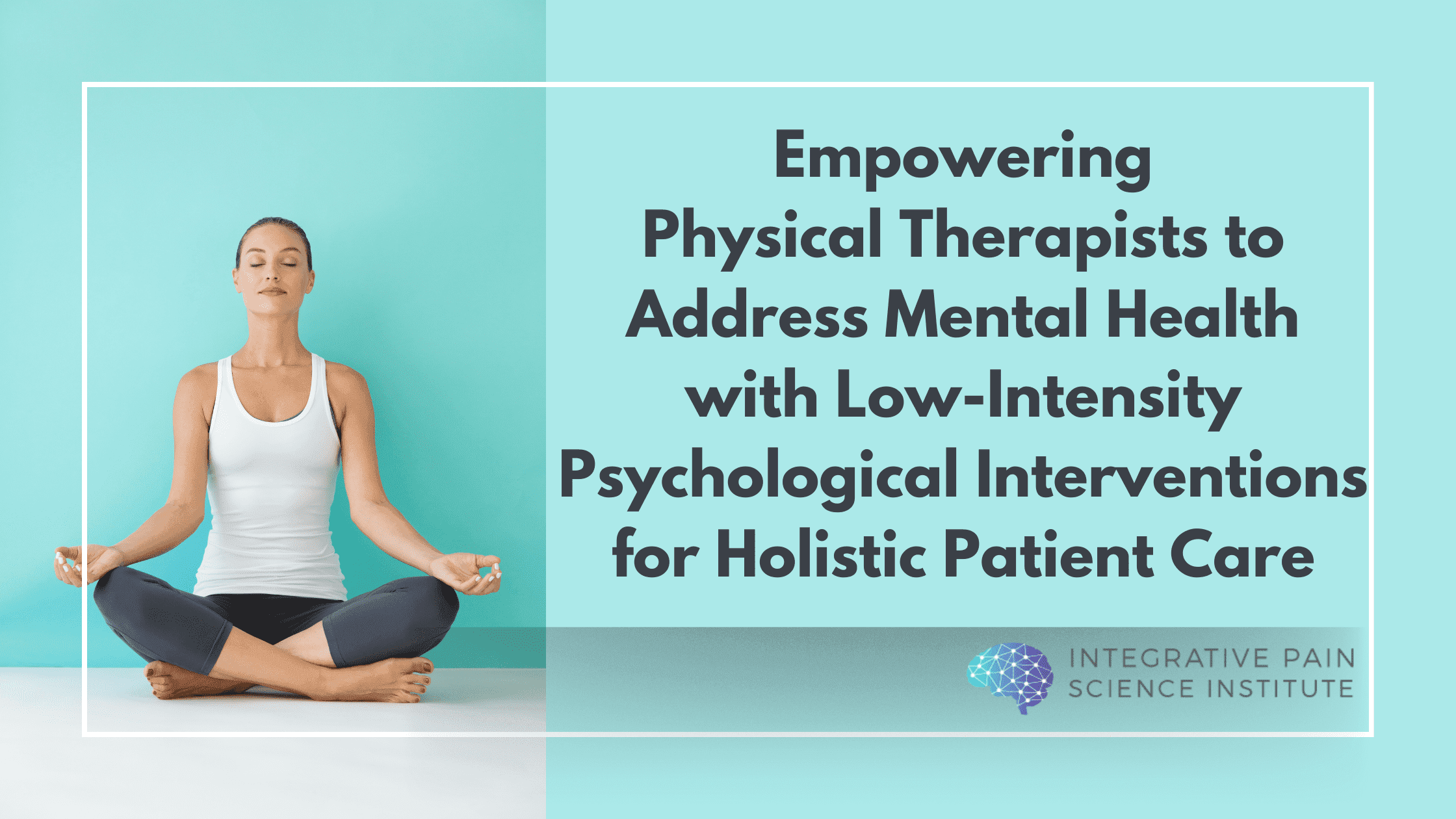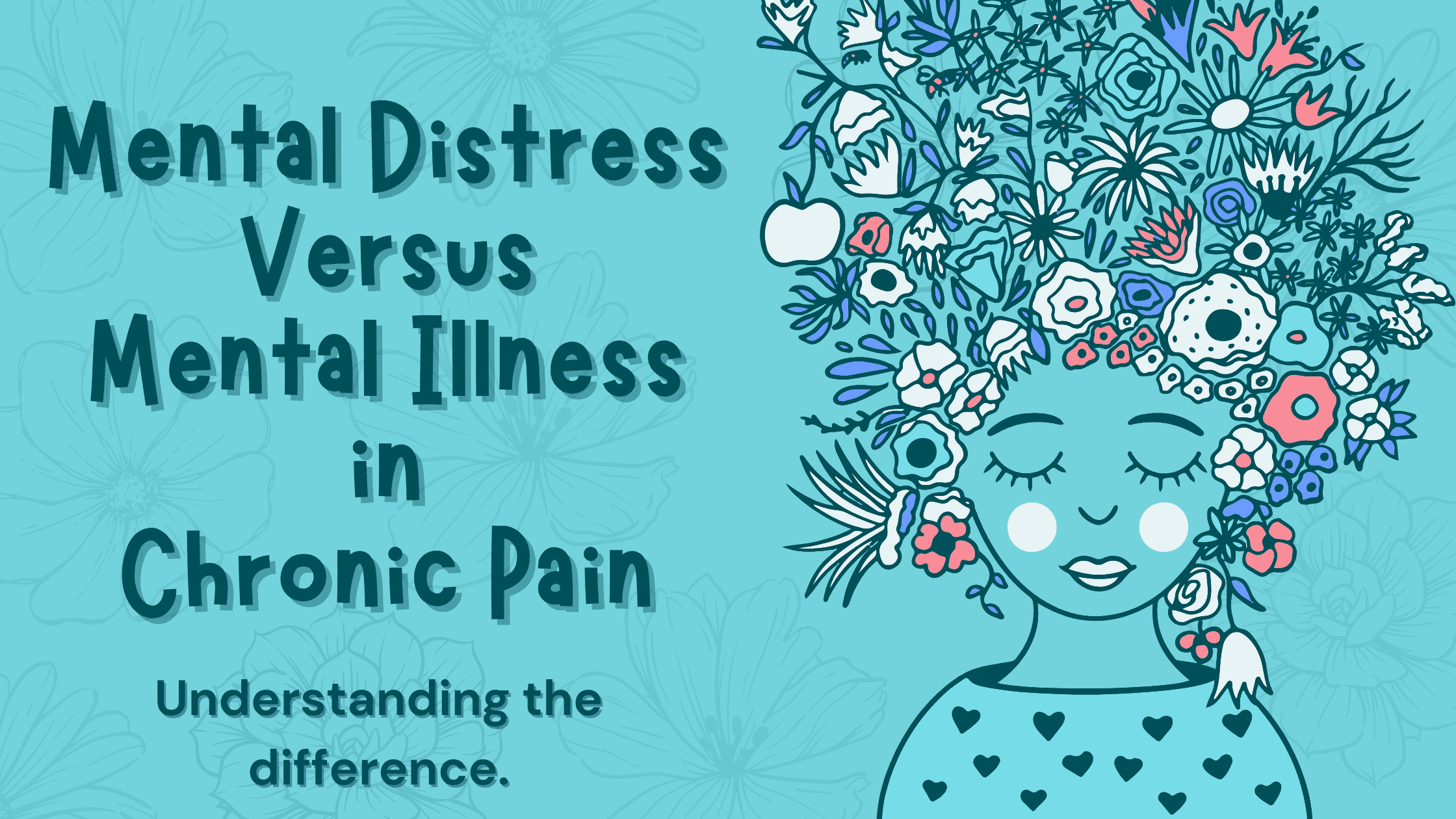When it comes to pain, athletes and chronic sufferers don’t think twice about popping Advil or other NSAIDs (Non-Steroidal Anti-Inflammatory Drugs). NSAIDs alleviate pain by blocking inflammation. Sold over-the-counter, they seem harmless, but serious short and long-term side effects are becoming more widespread. When athletes experience soreness from training, small tears occur in tendon and muscle tissue, triggering the natural inflammatory response. When this occurs, new tissue is laid down and your muscles and tendons become stronger. Chronic NSAID use can block the normal inflammatory response necessary for repair. The exact time to take NSAIDs for healing is debated by researchers. Nevertheless, several studies find that masking pain has minimal performance benefits and even increases injury risk. The desire for a quick fix makes it easy to rely on NSAIDs for pain relief. Athletes are particularly susceptible if suffering from recurring injuries. However frequent use of anti-inflammatories can trigger serious health problems, even if you stick to the recommended dosage.[heading]Reasons to avoid NSAIDs. The Mayo Clinic cites acetaminophen overdose is the leading cause of liver damage. Frequently found in hundreds of OTC medications, acetaminophen depletes cell-protecting anti-oxidants while increasing specific liver enzymes that cause damage. This puts endurance athletes taking acetaminophen at increased risk since their workouts already entail oxidative stress. Heavy usage of anti-inflammatories has been linked to strokes and even heart attacks. While NSAID’s block prostaglandins causing pain and inflammation, they also dilate blood vessels and increase blood flow. This results in higher blood pressure and increased clotting, which can lead to cardiovascular health hazards. 60% of regular NSAID users have cited gastrointestinal problems including bleeding and ulcers. Athletes are especially at risk since many take NSAIDs prior to training. Chronic use of NSAID’s increases the permeability of the GI tract and allows bacteria and digestive enzymes to leak prematurely into the blood stream, causing systemic inflammation. Absorption of nutrients becomes compromised, negatively affecting the body’s ability to fuel its sore muscles and regenerate. While cited less commonly, heavy use of NSAIDs can be toxic to renal blood flow. NSAIDs trigger an anti-diuretic hormone that retains water and dilutes sodium levels in the kidneys. This filtration imbalance can eventually lead to renal failure and aggravate a slew of other health problems. Consider these Pain Management Alternatives. A nutraceutical is a food or food alternative that claims to have health benefits, including treatment and prevention of disease. Many are available in the form of supplements and carry relatively few side effects.Curcumin, known in the U.S. as the spice “turmeric,” is one of the main components of curry powder. Curcumin is used to treat many health conditions as it reduces inflammation and has powerful antioxidant properties.Fish Oil, which is rich is Omega-3 fatty acids, has been known to reduce bodily inflammation. If seafood does not appeal to your culinary palate, consider taking fish oil as a vitamin supplement.Pineapples, which are rich in bromelain, can help alleviate soreness and aid musculoskeletal recovery. They also satisfy the occasional sugar craving while providing a healthy dose of vitamins. Bromelain supplements can provide the same benefit and be purchased at most local health food stores.Acupuncture & Physical Therapy can accelerate injury recovery and prove effective as a long-term strategy. While not a quick fix, these pain management programs may also prevent future injuries through retraining proper movement patterns, strength, and mobility.Anti Inflammatory Diets decrease inflammatory by reducing your grain and sugar intake. Dr. Weil’s Anti-Inflammatory wellness plan has grown in popularity along with nutritional programs.References: 1, 2, 3, 4, 5
This website uses cookies so that we can provide you with the best user experience possible. Cookie information is stored in your browser and performs functions such as recognising you when you return to our website and helping our team to understand which sections of the website you find most interesting and useful.



